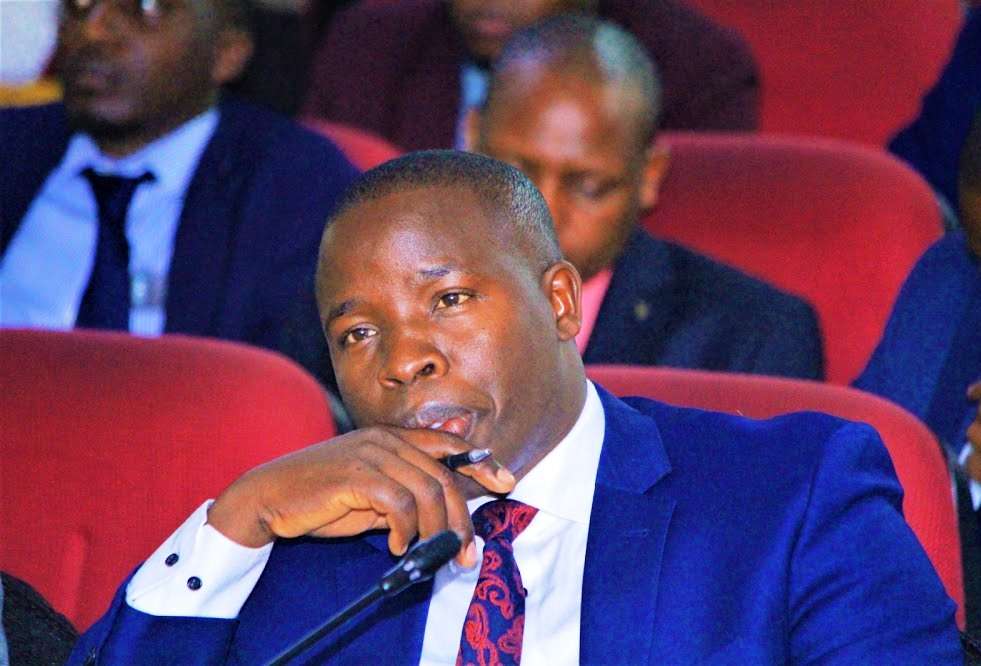Kenyan taxpayers will continue funding costly legal services provided by external law firms to county governments after the Senate rejected a proposal to bar governors from hiring private legal representation for civil matters.
The Auditor General, Nancy Gathungu, continues to raise concerns over rising county legal expenditures. She notes that many of these matters could be competently handled by internal legal departments led by County Attorneys.
Despite public criticism and audit findings revealing billions of shillings in questionable legal fees, counties argue that outsourcing is necessary due to the nature of their legal disputes. According to the Council of Governors, many challenges are complex, highly technical, or novel, requiring the expertise of seasoned practitioners with specialized knowledge.
Although county attorneys are qualified professionals, they often face limited resources, small teams, and may lack the experience needed for high-stakes litigation, such as cases involving constitutional interpretation, land disputes, public procurement laws, and intergovernmental relations. Governors argue that hiring external counsel is a pragmatic response to these complex legal demands, not a frivolous decision.
Following a petition by Nakuru County resident Laban Omusundi urging the Senate to ban hiring private legal counsel, the Senate’s Joint Justice, Legal Affairs, and Devolution Committee proposed a more nuanced approach.
Instead of an outright ban, the committee recommended that counties limit outsourcing legal services to complex or highly specialized cases. It emphasized that such engagements must occur transparently through the Office of the County Attorney, in strict compliance with procurement laws and the 2020 Office of the County Attorney Act.
The committee also urged counties to invest in strengthening their internal legal capacity through proper staffing, training, and timely remuneration. It noted that a strong and well-supported legal department would reduce reliance on external firms and enhance legal service delivery in the long term.
The Auditor General’s 2023/24 report exposed the extent of public funds spent on legal services, often without clear justification. For example,
- Nairobi County is poised to pay Sh1.3 billion to lawyer Donald Kipkorir for representing the county in two high-profile cases involving military land and fire brigade bylaws.
- Marsabit County hired a firm for Sh10.3 million for a suit where only Sh1 million was at stake.
- Kisumu, Mombasa, Kilifi, and Uasin Gishu Counties were flagged for paying between Sh22 million and Sh71 million for legal work, often without adequate documentation or competitive procurement.
In earlier audits, Gathungu raised similar concerns, querying Sh1.45 billion in pending legal bills for 2022/23. This figure surged to Sh23.84 billion the previous year, underscoring a troubling trend.
The Office of the County Attorney Act, 2020, regulates how counties procure legal services. Section 16 requires departments to obtain written approval from the executive committee before engaging external legal consultants. However, many counties bypass this requirement, raising accountability and oversight concerns.
While critics may view the hiring of external lawyers as wasteful, a closer examination reveals structural and operational challenges that make such decisions inevitable in the short term:
- Insufficient Capacity: Many County Attorney offices are underfunded and understaffed.
- Risk Aversion: Governors are wary of adverse court decisions with financial or political consequences, making top-tier legal counsel a protective measure.
- Complex Litigation: Land matters, constitutional petitions, and procurement disputes often require specialized legal and technical expertise.
- Weak Regulatory Enforcement: Inadequate monitoring allows counties to violate laws without immediate consequences.
The continued reliance on external lawyers by county governments reflects institutional gaps, legal complexities, and risk management needs, not merely preference or mismanagement. The Senate’s recommendation to allow outsourcing for specialized cases while strengthening internal capacity offers a balanced solution.





